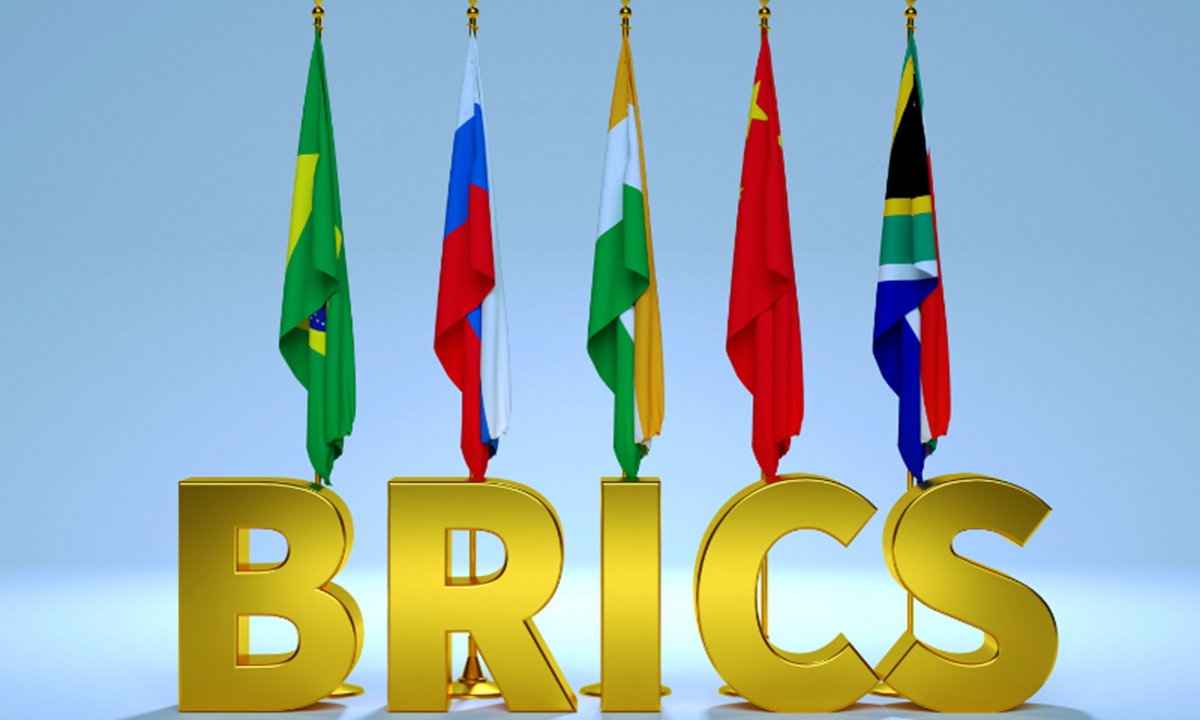Proper posture and body alignment support good health and developing habits to promote them should start early.
ALTHOUGH it may seem annoying to teenagers that they are often nagged about the need to “stand up straight” and “put your shoulders back”, such advice need to be heeded because good posture supports good health.
And starting good habits early, though it requires conscious effort, can help them throughout their life.
Proper body alignment can help prevent excess strain on joints, muscles and spine – alleviating pain and reducing the likelihood of injury. As a bonus, correct posture can boost productivity and mood, as well as help use muscles more efficiently. And starting good habits now can last a lifetime when they are needed most.
Do the test
To know what does proper posture look like, use the “wall test”:
• Stand so that the back of your head, your shoulder blades and your buttocks touch the wall, and your heels are one to 10cm from the wall.
• Put a flat hand behind the small of your back. You should be able to just barely slide your hand between your lower back and the wall for a correct lower back curve.
• If there’s too much space behind your lower back, draw your belly button toward your spine. This flattens the curve in your back and gently brings your lower back closer to the wall.
• If there’s too little space behind your lower back, arch your back just enough so that your hand can slide behind you.
• Walk away from the wall while holding a proper posture. Then return to the wall to check whether you kept a correct posture.
Unfortunately, ideal posture often is the exception rather than the rule. But poor posture can affect you from head to toe, contributing to several problems no matter your age.
The domino effect
These are among the most common problems resulting from poor posture:
Headache: Poor posture can strain the muscles at the back of your head, neck, upper back and jaw. This can put pressure on nearby nerves and trigger what are known as tension-type or muscle-spasm headaches.
Back and neck pain: Pain and tightness or stiffness in the back and neck can be due to injury and other conditions, such as arthritis, herniated disks and osteoporosis, but poor posture is a common contributor. Though rarely life-threatening, back and neck pain can be chronic and reduce your quality of life.
Knee, hip and foot pain: Muscle weakness; tightness or imbalances; lack of flexibility; and poor alignment of your hips, knees and feet may prevent your kneecap, or patella, from sliding smoothly over your femur. The ensuing friction can cause irritation and pain in the front of the knee, a condition known as patellofemoral pain. Poor foot and ankle alignment also can contribute to plantar fasciitis, a condition in which the thick band of tissue connecting your heel to the ball of your foot becomes inflamed and causes heel pain.
Shoulder pain and impingement: Your rotator cuff is a group of muscles and tendons that connect your upper arm to your shoulder. Muscle tightness, weakness or imbalances associated with poor posture can cause the tendons in your rotator cuff to become irritated and cause pain and weakness. A forward, hunched posture also can cause these tendons to become pinched, or impinged. Eventually, this can lead to a tear in the rotator cuff tissue, a more serious injury that can cause significant pain and weakness, and limit your ability to carry out daily activities.
Jaw pain: A forward head posture may strain the muscles under your chin and cause your temporomandibular, or TMJ, joint to become overworked. This may result in pain, fatigue and popping in your jaw, as well as difficulty opening your mouth, headaches and neck pain.
Fatigue and breathing problems: Poor postural habits may restrict your rib cage and compress your diaphragm. This can reduce lung capacity, leading to shallow or labored breathing, fatigue and lack of energy, which can affect your overall productivity.
Improve your posture
Here are three ways to improve your posture while standing, sitting and lying in bed:
1. While walking, stand tall. Inhale, roll your shoulders up and back, then exhale and roll your shoulders down, as if you are gently tucking your shoulder blades into your back pockets.
2. Try seated pelvic tilts. Sit on the edge of a chair, place your hands on your thighs and rest your feet on the floor. Inhale and rock your pelvis and ribs forward while you open your chest and look upward. Exhale, rock your pelvis and spine back and look down toward the floor.
3. Do a wake-up or bedtime bridge pose. Lie on your back in bed with your knees bent and your feet resting on the mattress. Inhale, then slowly exhale and curl your tailbone to lift your buttocks and spine, one vertebra at a time, until your shoulder blades bear your weight. Pause and inhale, then slowly exhale as you roll your spine back down.
Improving posture can help prevent or reverse many conditions and teenagers will be amazed to see how their quality of life can improve – simply by standing a little taller.-
Risks: Sitting for pro-longed periods without a short break can slow blood flow to brain
Risks: Sitting for pro-longed periods without a short break can slow blood flow to brain We regularly spend hours sitting before a computer screen - then, typically, even more time slumped upon the sofa.
But, while that may feel comfortable during the working week, it seems sitting for long, uninterrupted periods may actually be bad for our health.
That's according to new research, which says it slows vital blood flow to the brain - posing potential consequences for our long-term well-being.
Sitting down for long periods increases the risk of Alzheimer's as scientists reveal what to do every 30 minutes to keep your brain healthy
Specifically, decreased flow can affect cognitive function and risks a greater likelihood of neurodegenerative diseases, such as Alzheimers.
Fortunately, walking for just 2 minutes every half an hour can off- set this, restoring healthy circulation.
Researchers at Liverpool John Moores University analysed the seating habits of 15 office co- workers over three separate sessions.
During each, they wore ultrasound probes which tracked blood flow through their middle cerebral arteries, which serves the brain directly.
In the first session they sat continuously for four hours, with the exception of brief bathroom breaks. In the second, they performed two minutes of brisk walking on nearby treadmills at 30- minute intervals.
Then, in the third session, they walked for eight minutes every two hours.
Blood flow reduced during the first and last sessions - when activity was minimal or every two hours - but rose considerably when subjects were active regularly.
Sophie Carter, a doctoral student who led the study, said the findings re- assert the need for short - but regular - walking breaks. ' Only the frequent two- minute walking breaks had an overall effect of preventing a decline in brain blood flow,' she says.
They published their findings in the Journal of Applied Physiology, earlier this sum-


















